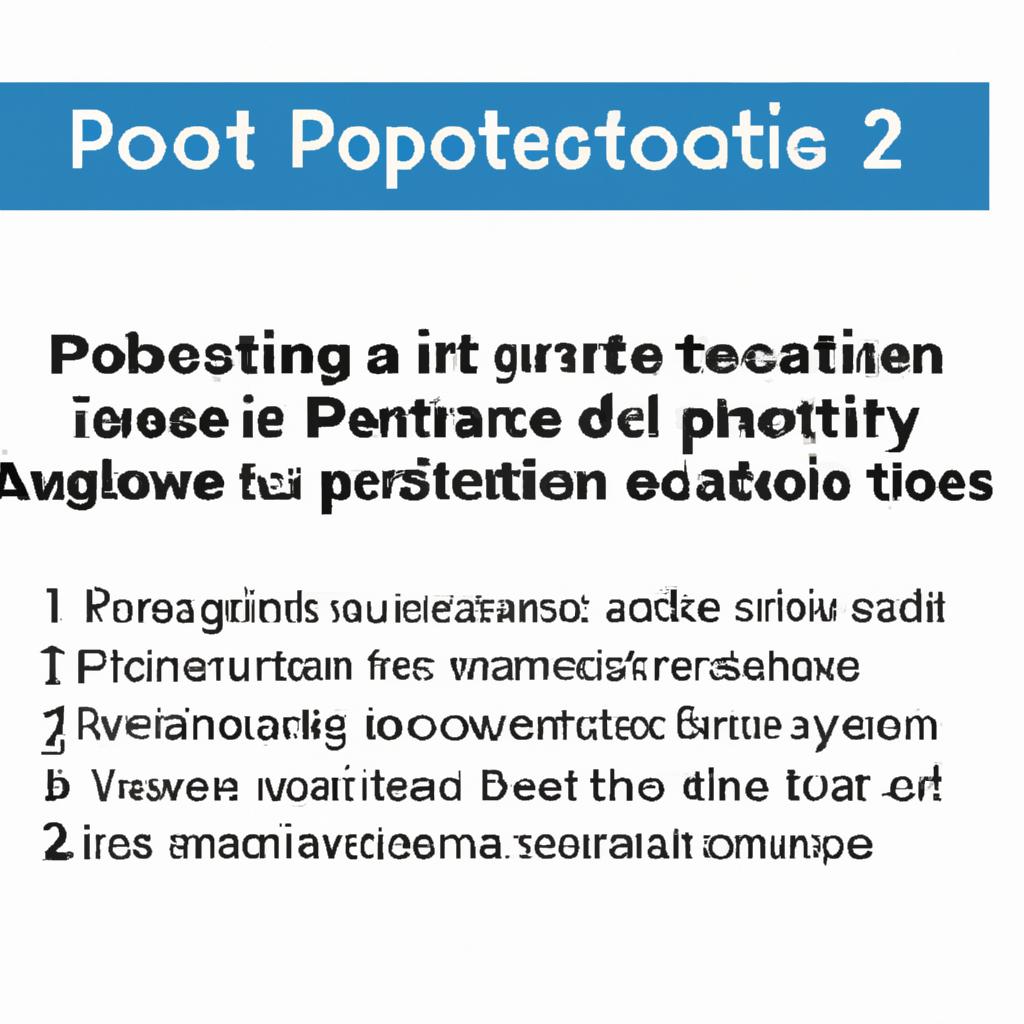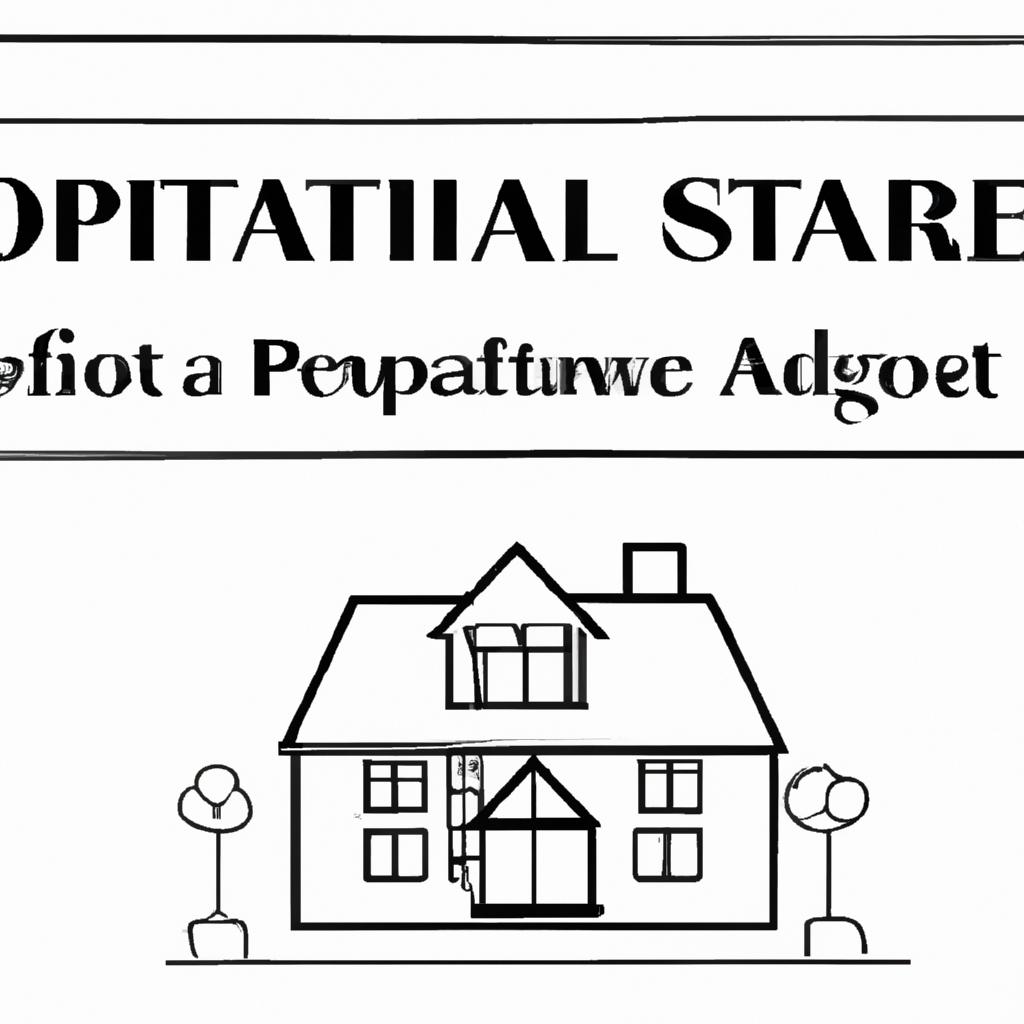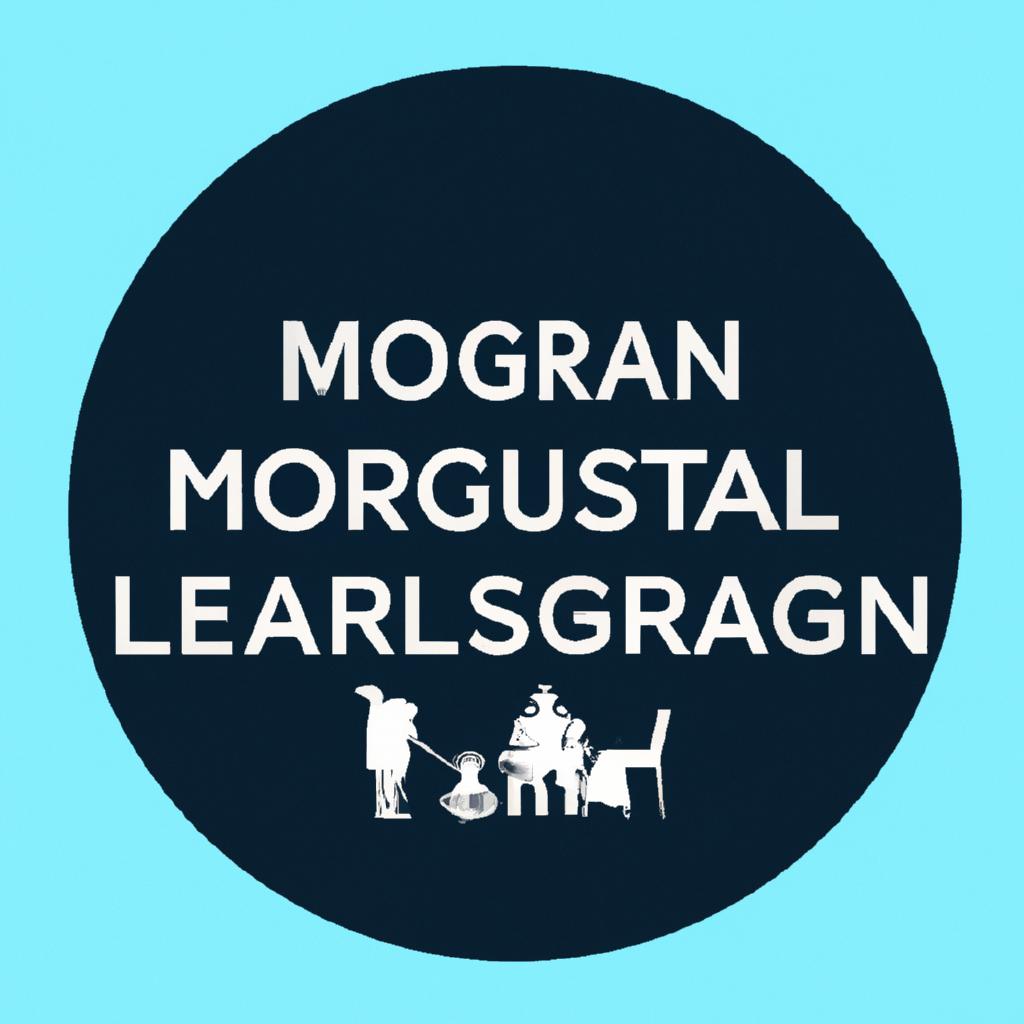When it comes to estate planning, one common question that often arises is whether all estates are required to go through the probate process. As experienced attorneys at Morgan Legal Group in New York City, we understand the complexities surrounding probate, Wills, trusts, and elder law. In this article, we will explore the factors that determine whether an estate must go through probate, as well as the importance of proper estate planning to ensure a smooth transition of assets to beneficiaries. Let us unravel the mystery behind probate and provide you with the knowledge needed to secure your legacy.
1. Understanding the Probate Process: A Comprehensive Overview for Executors
While it is a common belief that all estates must go through probate, this is not always the case. There are instances where estates can bypass the probate process entirely. Probate is typically required when the deceased individual leaves behind assets solely in their name that need to be transferred to beneficiaries. However, certain assets may not need to go through probate, such as:
- Assets held in a living trust
- Assets with a designated beneficiary, such as life insurance policies or retirement accounts
- Property held in joint tenancy or as tenants by the entirety
- Assets with a payable-on-death (POD) or transfer-on-death (TOD) designation
It is essential for executors to understand that not all estates automatically go through probate. Consulting with a knowledgeable probate attorney can help determine whether the estate needs to go through probate or if there are alternative options available.

2. Factors Influencing Whether an Estate Must Go Through Probate
can vary depending on the circumstances surrounding the deceased individual’s assets and estate plan. One important factor to consider is whether the decedent had a valid Last Will and Testament in place. If a Will exists, the probate process may be necessary to ensure that the estate assets are distributed according to the deceased individual’s wishes as outlined in the Will.
Additionally, the size of the estate can also impact whether probate is required. In New York, estates valued at less than $50,000 are considered small estates and may be eligible for simplified probate procedures. On the other hand, larger estates with substantial assets may require a more formal probate process to ensure that all debts are paid and assets are distributed properly. Other factors that can influence the need for probate include the type of assets owned by the deceased individual, whether there are any disputes among beneficiaries, and whether the deceased had any joint assets or payable-on-death accounts. Overall, the need for probate will depend on a combination of these factors and should be assessed on a case-by-case basis.
3. Strategies for Avoiding Probate and Simplifying the Estate Administration Process
Estate planning is an essential aspect of preparing for the future, and understanding the probate process is key. While many people believe that all estates must go through probate, this is not necessarily the case. By implementing certain strategies, individuals can avoid probate and simplify the estate administration process for their loved ones.
One effective strategy for avoiding probate is to establish a revocable living trust. By transferring assets into the trust during your lifetime, you can ensure that they pass directly to your beneficiaries upon your death, without the need for probate. Another option is to designate beneficiaries on your financial accounts and retirement plans, which allows these assets to bypass probate and be distributed quickly and efficiently. By working with an experienced estate planning attorney, you can explore these and other strategies to minimize the impact of probate on your estate.

4. Consultation with Experienced Estate Planning Attorneys at Morgan Legal Group for Personalized Guidance
At Morgan Legal Group, our team of experienced estate planning attorneys understands that every estate is unique, and not all estates go through probate. Probate is the legal process where a court oversees the distribution of a deceased person’s assets. While many estates do go through probate, there are certain circumstances where probate may not be necessary. Consult with our team for personalized guidance on whether your estate will need to go through probate.
During a consultation with our estate planning attorneys, we will carefully review your specific situation and provide tailored advice on the best course of action for your estate. Whether you need assistance with drafting a Will, creating a trust, or navigating the probate process, our team is here to provide the guidance and support you need. Trust Morgan Legal Group to help you navigate the complexities of estate planning and probate with confidence and peace of mind.
Q&A
Q: Do all estates go through probate?
A: No, not all estates go through probate. Some smaller estates or estates with assets held in a living trust may be able to avoid the probate process.
Q: What determines whether an estate goes through probate?
A: The value of the estate and the way in which the assets are held can determine whether an estate must go through probate.
Q: What are some common reasons for an estate to go through probate?
A: Some common reasons for an estate to go through probate include if the deceased person did not have a will, if the estate is over a certain value, or if there are disputes among heirs.
Q: How can someone make sure their estate does not have to go through probate?
A: Creating a living trust, designating beneficiaries on accounts and assets, and keeping a current and valid will can help ensure that an estate does not have to go through probate.
Q: Can probate be avoided in every situation?
A: While probate can typically be avoided with proper estate planning, there may be certain circumstances where it is unavoidable, such as if there are unresolved debts or disputes that need to be addressed through the probate process.
In Summary
In conclusion, the answer to whether all estates go through probate is not a simple yes or no. Each estate is unique and many factors, such as the type and value of assets, presence of a will, and state laws, can impact the probate process. It is always recommended to consult with a legal professional to determine the best course of action for settling an estate. Remember, understanding probate and estate planning can help ensure a smoother transition of assets to loved ones in the future. Thank you for reading.

